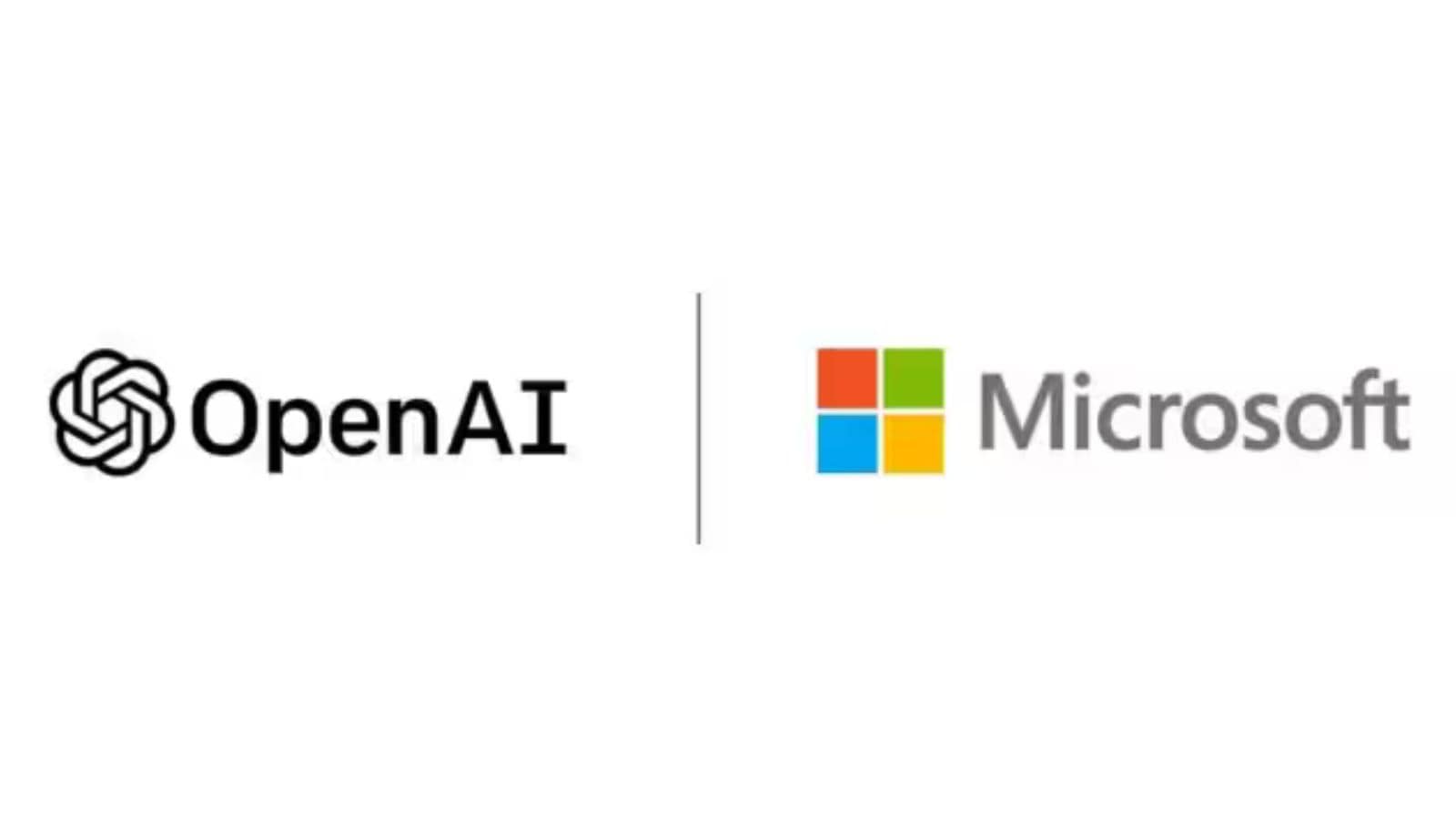Over five years since making its first billion-dollar investment in OpenAI, Microsoft has officially recognised the startup behind ChatGPT as one of its contenders, particularly when it comes to AI offerings as well as the search and news advertising market.
According to its latest annual report, the tech giant has updated its list of competitors to include OpenAI. Google, Meta, Apple, and Amazon are some of the other big players featured in the roster.
The updated filing is significant given that Microsoft is OpenAI’s biggest backer and has put over $13 billion into the company so far. How did Microsoft go from viewing OpenAI as a strategic partner to seeing it as a competitor? Here are five key moments.
Sam Altman’s ouster
High drama ensued at OpenAI in November 2023, when the non-profit’s board accused its CEO Sam Altman of not being consistently candid in his communications, and dismissed him.
Shortly after news of Altman’s firing emerged, Microsoft CEO Satya Nadella announced that he would be heading its AI team. However, the very next day, Altman chose to return to the AI startup that he co-founded.
Nadella was reportedly not happy that he was kept in the dark about Altman’s firing. “One thing, I’ll be very, very clear, is we’re never going to get back into a situation where we get surprised like this, ever again.… That’s done,” he said in a podcast interview.
OpenAI partners with Apple
Besides launching a slew of its own AI features called Apple Intelligence, the iPhone maker said that it will be integrating ChatGPT with Siri as part of its iOS 18 and MacOS Sequoia updates.
However, the exact terms of the deal between Apple and OpenAI are still unclear. As for Microsoft, its Azure cloud computing services are exclusively used by OpenAI to host its AI models. In return, Microsoft has access to integrate OpenAI’s models with its products and ship it to commercial clients and consumers.
For instance, the company’s Copilot chatbot, accessible through its search engine Bing, is said to be powered by OpenAI’s GPT technology.
Microsoft gives up board seat
Along with Apple, Microsoft recently relinquished its observer, non-voting seat on OpenAI’s board. However, this decision was most probably taken to avoid drawing scrutiny from regulators in the US and EU. With the seat, Microsoft was able to access confidential information shared in board meetings even though it did not have any say in electing directors and other matters.
OpenAI unveils SearchGPT
Though Google’s dominance in the search engine market is well known, Microsoft was able to win back some market share by giving Bing an AI makeover. Now, OpenAI aims to compete in the same space after it gave users a preview of its AI-driven search engine called SearchGPT.
“SearchGPT will quickly and directly respond to your questions with up-to-date information from the web while giving you clear links to relevant sources,” OpenAI said in a blog post. PerplexityAI and You.com are also some new challengers in this area.
Microsoft to build AI model in-house
The global tech leader is clearly not done hedging its bets in the AI industry. In March this year, Microsoft announced that Mustafa Suleyman, the cofounder of Inflection AI which was seen as a challenger to OpenAI, will lead a new AI division in the company. Suleyman is also the founder of Deepmind, which was an AI startup acquired by Google in 2014.
With Suleyman’s help, Microsoft is looking to develop a state-of-the-art, in-house AI model referred to as MAI-1, according to a report by The Information. If true, MAI-1 could potentially reduce Microsoft’s dependency on OpenAI’s GPT foundational models.
link

